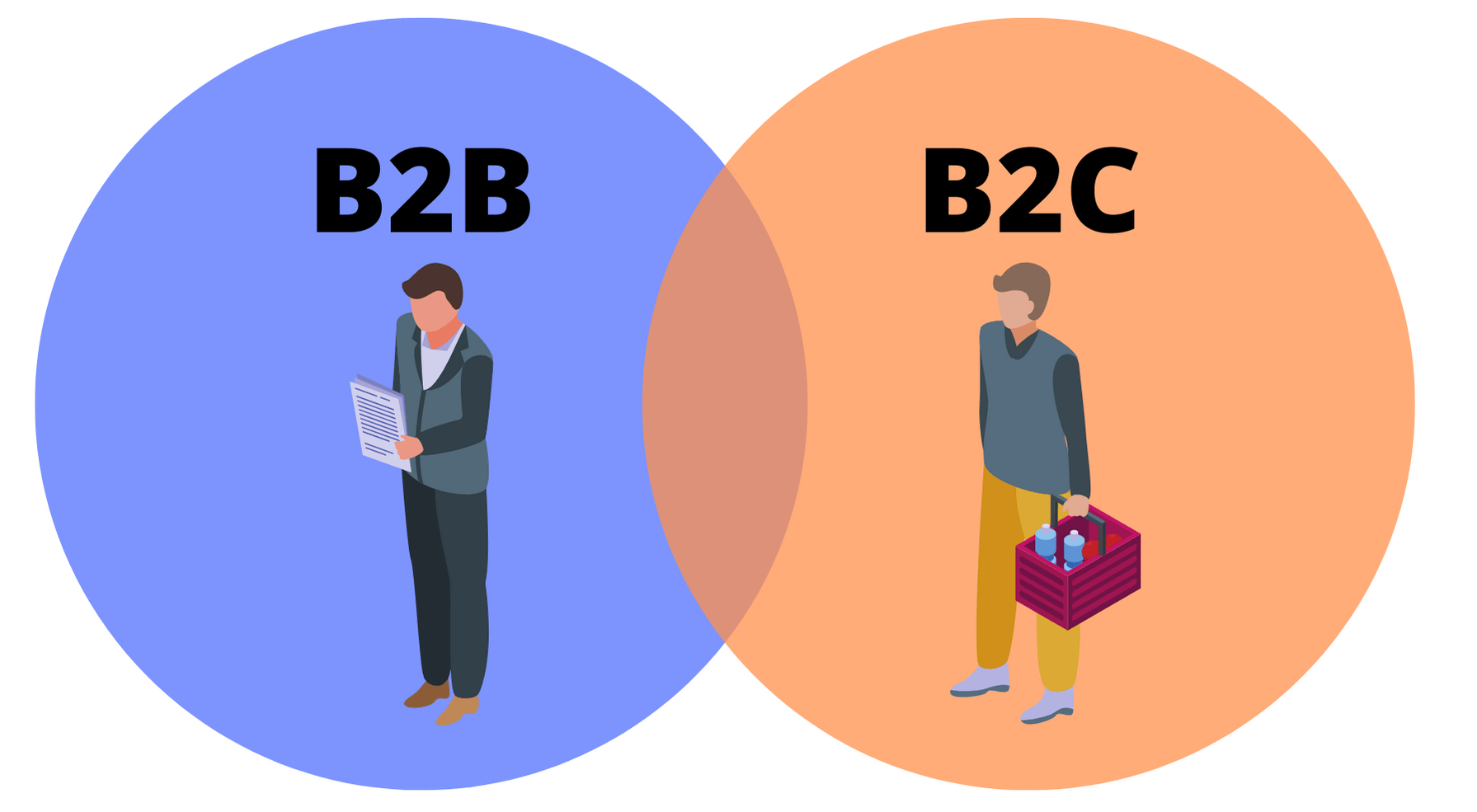📧 mithvin@gmail.com
📞+91 900 608 4701


Content marketing has become a cornerstone for modern businesses aiming to establish brand awareness, generate leads, and drive sales.
However, when it comes to targeting businesses (B2B) versus individual consumers (B2C), the approach, tone, and strategies differ significantly.
This article delves deep into the distinctions between B2B and B2C content marketing, explores best practices, and highlights how to navigate these domains effectively.
The difference between B2B and B2C marketing is often a point of confusion for business owners.
However, the distinction is easy to understand when you know what each type of marketing entails which is business-to-business vs business-to-customer marketing.
In this blog, we’ll discuss the differences between the two types of marketing, why it matters for your business, and how to take advantage of both.
B2C marketing is a type of marketing that focuses on the customer and their needs.
This type of marketing is often done to encourage consumers to purchase a product or use a service.
On the other hand, B2B marketing focuses more on interacting with other companies and encouraging them to buy from you.
The foundation of any content marketing strategy lies in understanding the target audience.
B2B content caters to decision-makers in businesses, often requiring detailed, data-driven insights.
Conversely, B2C (Business-to-Customer) content appeals to individual consumers, focusing on emotional engagement and entertainment.
The choice of content formats and distribution channels plays a pivotal role in reaching the intended audience effectively. Here are another differences between B2B content marketing approach and B2C marketing approach.
Examples:
Content topics and tone must align with audience preferences.
Tracking performance metrics ensures the effectiveness of your content marketing strategies after investing in B2B vs B2C content writing services and efforts.
Despite their differences, B2B and B2C marketing share some foundational principles:
Content marketing is not without its hurdles. Both B2B and B2C marketers face challenges like adapting to algorithm changes, keeping pace with trends, and balancing organic and paid strategies.
Are you looking to enhance your content marketing strategy with high-quality, targeted content?
At Mithvin YRBee, we specialize in delivering B2B and B2C content solutions tailored to your unique audience. Let’s drive your business forward with impactful storytelling and actionable insights.
Contact us today to transform your content game!
Do you have any question?
Talk to Specialist.
Content marketing is a dynamic field that demands a nuanced understanding of audience needs. While B2B content focuses on data-driven solutions and longer sales cycles, B2C content thrives on emotional connections and quick decision-making. By aligning strategies with audience preferences and leveraging data analytics, businesses can achieve significant growth and engagement.